T4K3.news
Border de-escalation signals a cautious pause
North Korea begins dismantling border loudspeakers as South Korea trims its own devices, a sign of de-escalation but not a full peace.
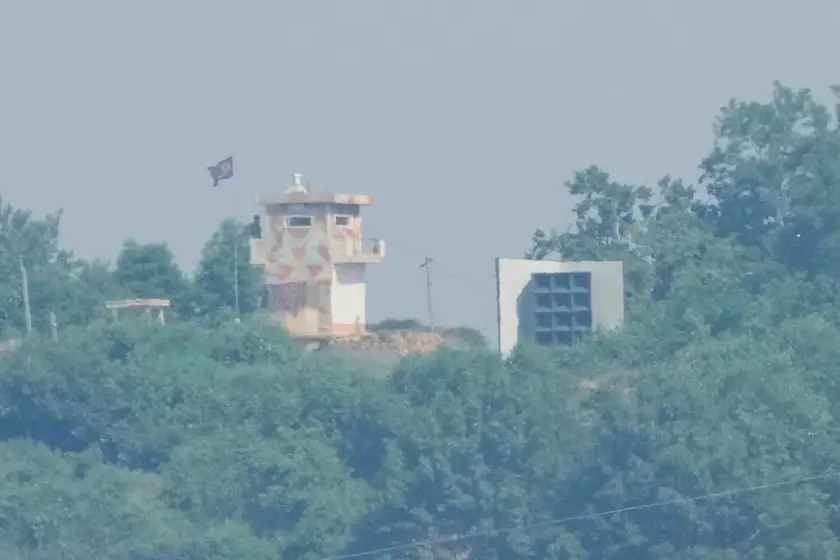
South Korea says North Korea began removing loudspeakers along the inter-Korean border as part of a move to ease tensions.
Border de-escalation signals a cautious pause
South Korea’s military said North Korea has begun dismantling some loudspeakers along the inter-Korean border, a follow-up to Seoul’s own removal of propaganda devices aimed at de-escalating tensions. The exact sites were not disclosed and it was unclear if Pyongyang plans to remove all equipment. Border residents have long complained about irritations from the broadcasts, including unusual sounds, which helped fuel a cycle of tit-for-tat propaganda since the 1960s and beyond.
Earlier this year, North Korea halted its own broadcasts in June in response to South Korea’s pursuit of a more conciliatory stance under President Lee Jae Myung. The move signals a potential thaw, but analysts caution that one border action does not erase broader disputes over North Korea’s nuclear program and the U.S.-ROK alliance. The next test could come with the August joint drills, which Pyongyang has said it regards as invasion rehearsals.
Key Takeaways
"blind trust in the country’s alliance with the United States"
Kim Yo Jong comments on Seoul’s diplomacy
The gesture matters more for tone than for strategy. It signals that diplomacy can advance on a line that is often kept taut by history and rhetoric. For Seoul, the step is a political message that a new government seeks steadier ties, while for Pyongyang the action may be a way to measure Washington and Seoul without fully surrendering leverage. The risk is that a single moved speaker becomes a temporary lull rather than a durable shift, especially as regional security appeals remain tied to nuclear talks and alliance politics.
Looking ahead, the real test is whether both sides sustain this pace. The upcoming drills and the ongoing last-mile diplomacy will show if restraint is reversible or if a longer pause can translate into real negotiations or at least predictable behavior along the border.
Highlights
- De-escalation starts with a border quiet
- Trust on both sides remains fragile
- Diplomacy needs more than a single gesture
- Borders stay tense even when the speakers go quiet
Political tensions risk ahead
The border de-escalation move is fragile and could be reversed. Missteps or misinterpretations around diplomacy, alliance commitments, or military exercises could trigger renewed friction and public backlash.
Diplomacy travels in small steps and waits for the next signal
Enjoyed this? Let your friends know!
Related News
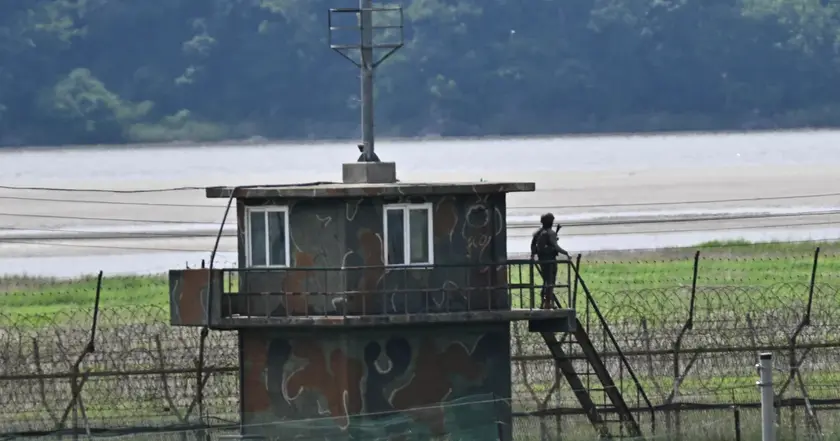
Border loudspeakers reduced
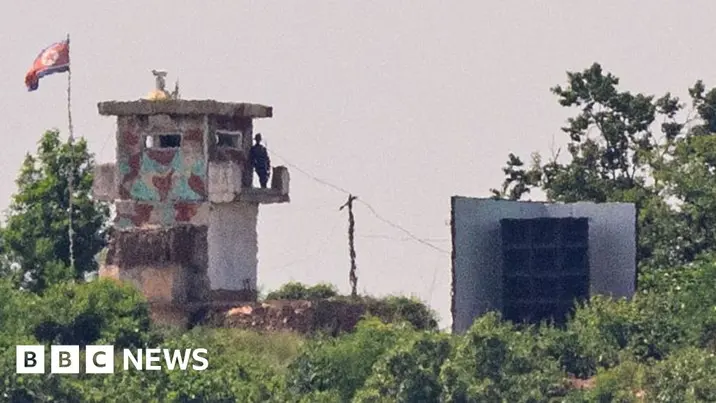
Border broadcasts dismantled
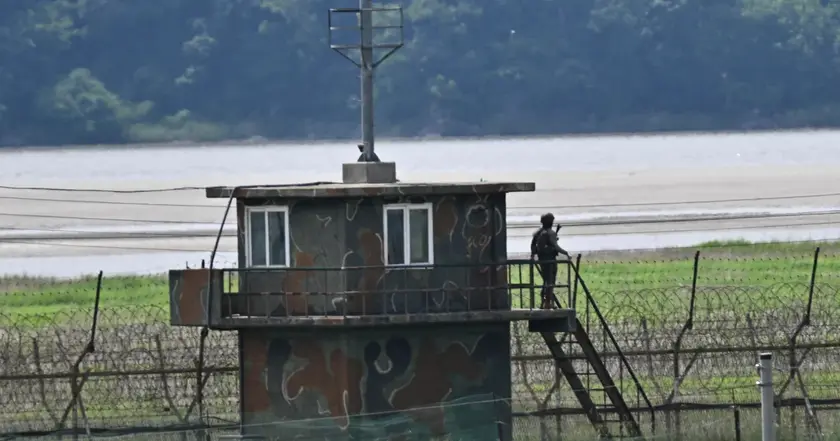
Border tensions update
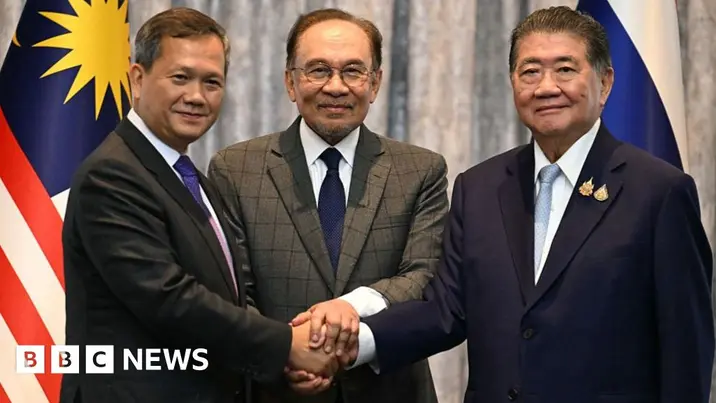
Thailand and Cambodia agree to ceasefire

Thailand and Cambodia agree to ceasefire talks after Trump involvement

Putin and Trump meet in Alaska
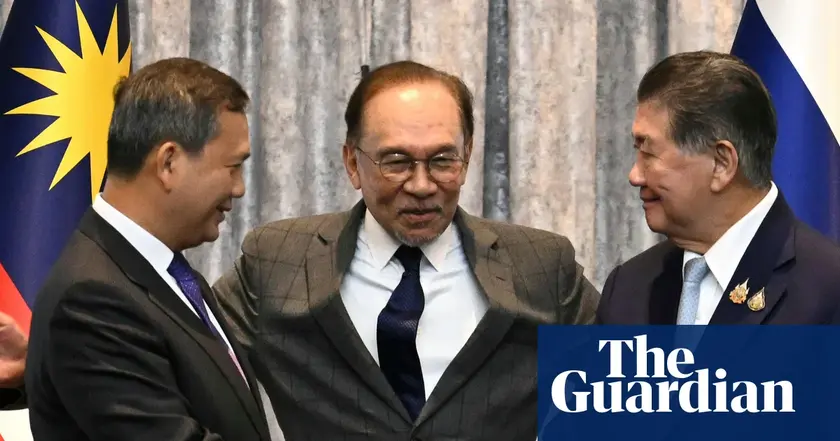
Thailand and Cambodia establish ceasefire to end border clashes

Thailand and Cambodia agree to peace talks
